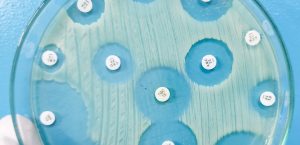- SIWI – Leading expert in water governance
- /
- Latest
- /
- 145 participants attend webinar co-hosted by RAMP
145 participants attend webinar co-hosted by RAMP
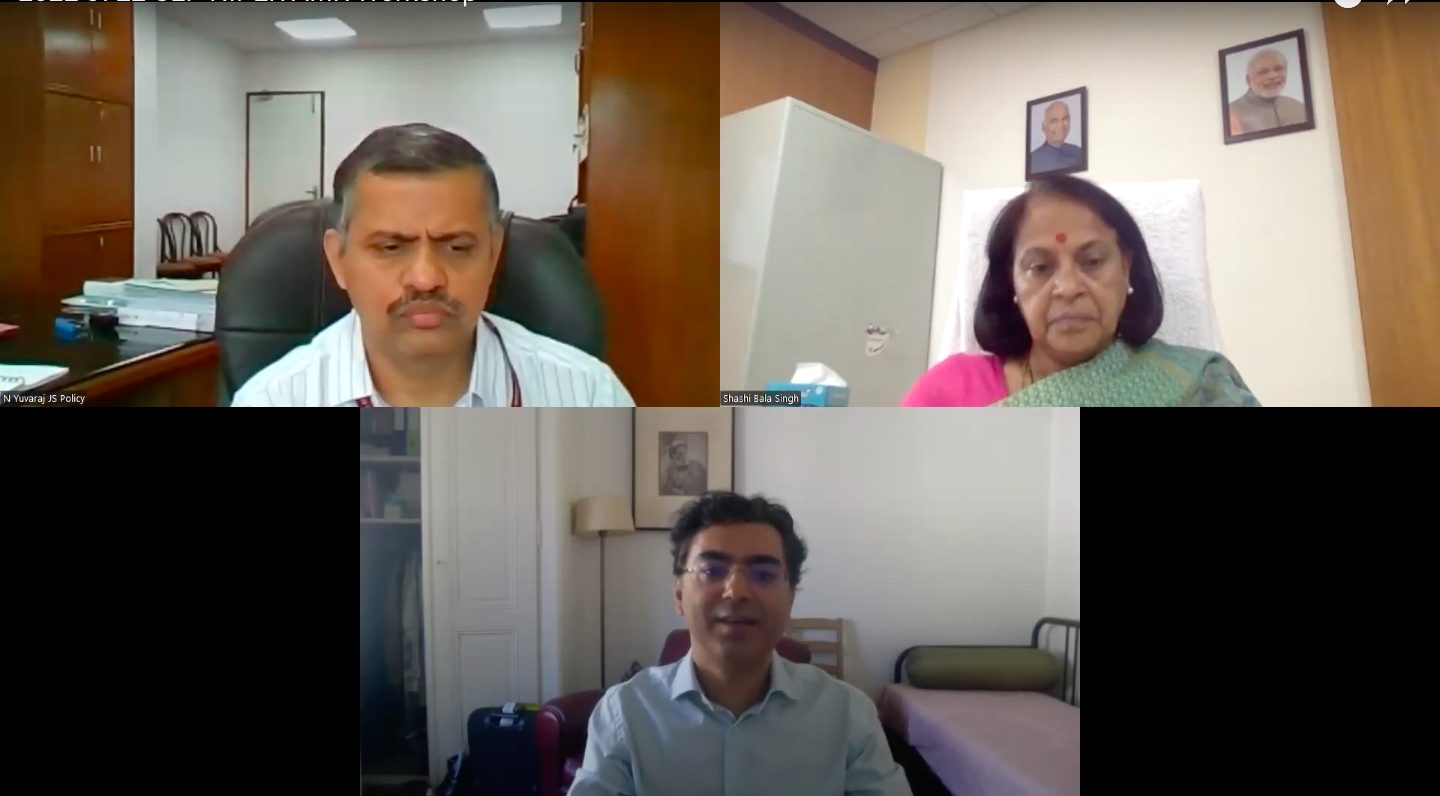
In early 2022, the Department of Pharmaceuticals, Government of India requested awareness and knowledge creation on antimicrobial resistance (AMR) and sustainable antibiotic manufacturing practices in India. The National Institute of Pharmaceutical Education and Research (NIPER, Hyderabad) partnered with the Responsible Antibiotic Manufacturing Platform (RAMP) of SIWI, and the Council of Environment Health and Safety Professionals (CEP).
On 22 July 2022, RAMP, NIPER and CEP co-hosted a webinar that attracted 145 participants from the government, industry, academia and international development agencies. The objective of the webinar was to promote awareness among academics and professionals at leading pharmaceutical companies about AMR in the environment, changes in global procurement standards and global best practices to promote sustainable antibiotic manufacturing in India.
Reflections from the webinar
The company representatives were grateful to the organizers for holding discussions on this urgent topic. Many were not aware of the environmental aspects of AMR related to manufacturing. Some expressed concern over the changing procurement standards being followed by Europe and asked for guidance on adherence to these standards including the AMR Industry Alliance’s standard. Participants had several technical questions about the waste water treatment practices being followed by Centrient with reference to monitoring technologies, PNECs, zero liquid discharge and other issues. The participants also expressed interest in engaging with RAMP on the proposed centre of excellence.
Key outcomes
The Bulk Drug Manufacturing Association of India (BDMAI) expressed interest in partnering with RAMP to develop India specific guidelines for monitoring antibiotic residues in the environment related to manufacturing. “There is a need to adapt global standards to meet the India specific context needs and tropical environment,” said Mr. Eashwar Reddy, Executive Director, BDMAI. He also expressed interest in collaborating with RAMP for the establishment of a Centre of Excellence building on a similar initiative being undertaken by BDMAI in Hyderabad.
The Department of Pharmaceuticals (DoP) is supporting the development of pharma parks in India. Mr. N. Yuvaraj, Joint Secretary, DoP urged RAMP, NIPER and CEP to co-develop a replicable model of the Centre of Excellence that could support a nation-wide effort to promote sustainable antibiotic manufacturing in India. “Scientific organisations such as NIPER should be part of the project right from the inception stage,” he said.
The Joint Secretary proposed a trilateral agreement between NIPER, RAMP and industry members to develop a demand driven centre of excellence with a self-sustainable model with initial support from the government, industry and donors. He urged all pharma companies present, to update their environmental and AMR-related activities on their websites, to make it available to the public.
Watch the full webinar or get event details below:
Sustainable Antibiotic Manufacturing Practices in India
The objective of the webinar was to promote awareness among academics and professionals at leading pharmaceutical companies about antimicrobial resistance in the environment, changes in global procurement standards and global best practices to promote sustainable antibiotic manufacturing in India.
Read more about this webinar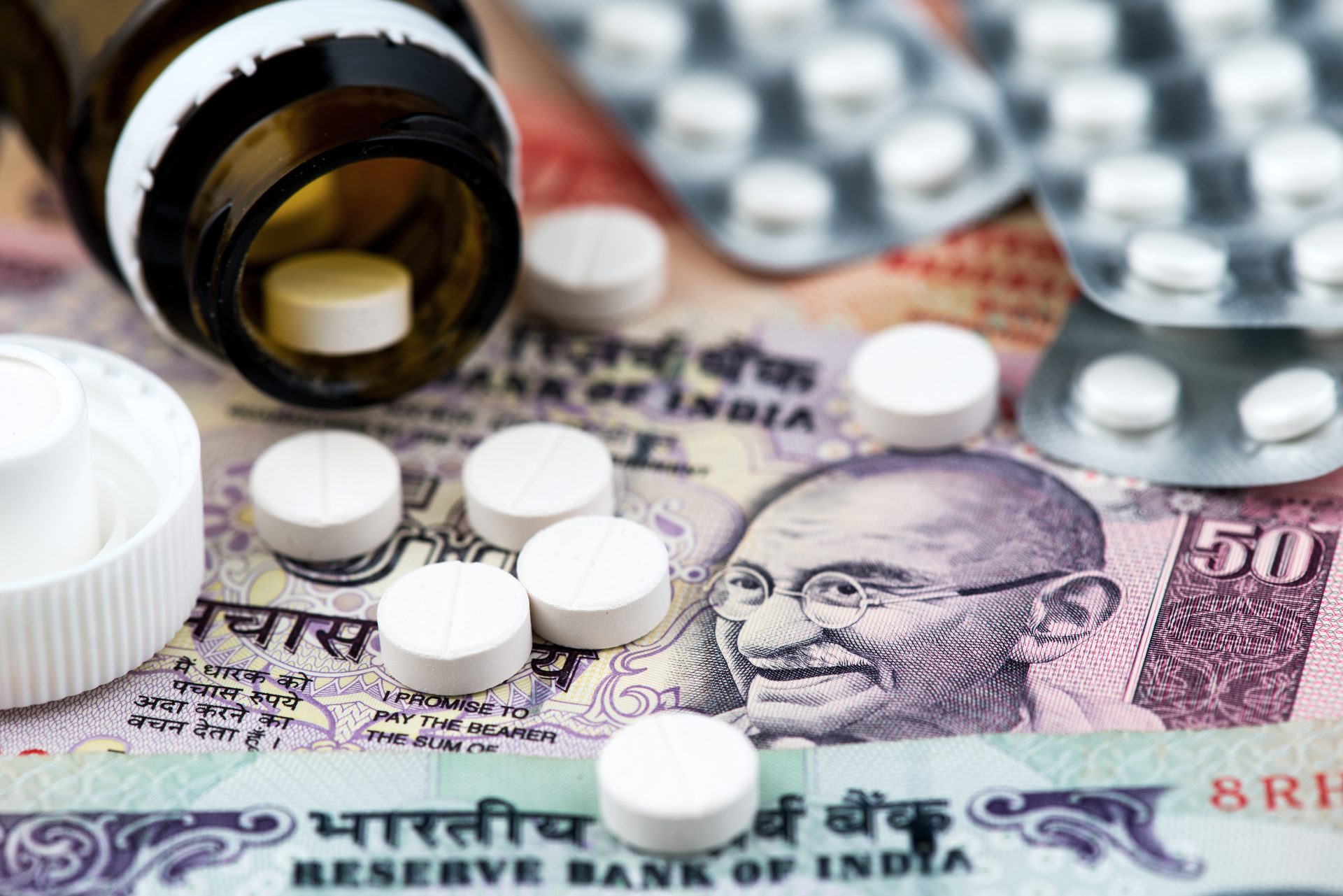
Most recent

TIARA in Zambia: Scaling resilient rainfed agriculture in the Zambezi Basin
- Agriculture and water
- Freshwater and ecosystems/biodiversity
- Resilience through water
- Water in landscapes
- Water and climate

Why climate action must integrate water
- Water and climate
- World Water Week
- Water governance

Swedish Water House Trendspotting 2026
- Swedish Water House

SIWI Reflections 2025: When Indigenous voices shape global water dialogue
- World Water Week
- Indigenous knowledge
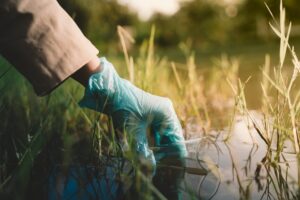
How can we make the manufacturing of antibiotics safer?
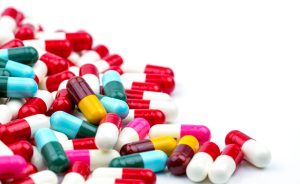
We need to incentivize measures against antimicrobial resistance
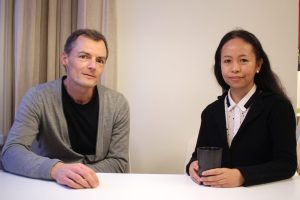
Creating new incentives for responsible manufacturing of antibiotics
